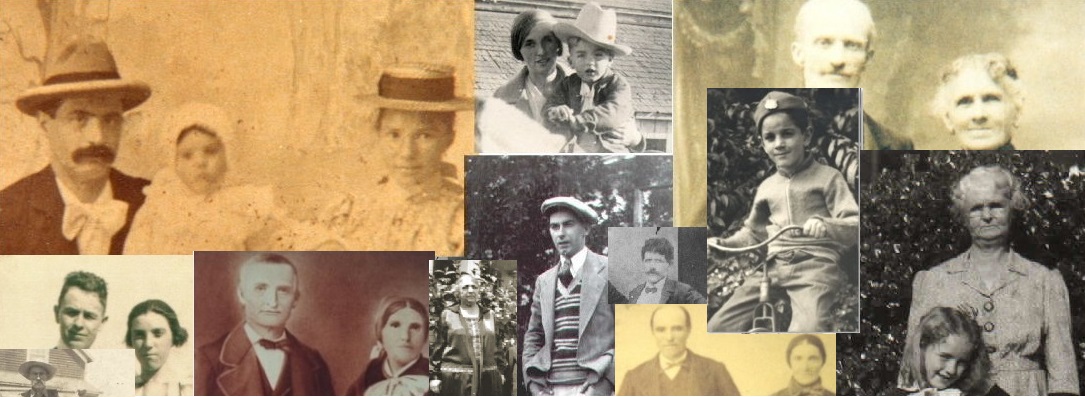[This post is for Fearless Females, 3rd of March, Women’s History Month]
Last year, I did a post on my middle name for Fearless Females. So, this year I thought I’d write about something a bit different: Portuguese Naming Practices. This is based on my own research experiences in Azorean records.
Portuguese women can be really difficult to research. In the 1800s, in most cases, they are not recorded in records with a surname. They are recorded with a religious name. Those religious names can be dos Anjos, Esperito Santo, de Jesus, and so forth. There’s a good chance the first name is Maria, a very good chance.
I have one ancestor who named five daughters Maria! I have them input as Maria I, Maria II, Maria III, Maria IV, and Maria V. So far, there is no indication that Maria’s 1 through 4 died young and the name was reused.
The religious name sort of takes the place of a surname, though some women adopted surnames too. You might see Maria de Jesus Pacheco. Pacheco is the surname but de Jesus is not.
It gets confusing because a women is not bound to her religious name. She might use de Jesus as a child then change to dos Anjos as an adult. It makes it tricky to assess information found in records. Did Jose marry two different women or is it the same woman with two different religious names?
In the 1600s and 1700s, the naming pattern seems to be different. They still take on religious names. However, I found it more than likely that a woman would be named after her Godmother. During these centuries, naming practices seemed to fluid. During one period, the mother’s surname was the one carried forward, not the father’s.
As I got farther back with my research, I noticed something different. Siblings didn’t carry the surname of either parent. And in many cases, the surnames of each sibling might be different. My belief is that they must have been naming children after family members, friends or respected members of the community. It may also be that the children, themselves, changed their surnames to suit their own needs.
An example of this type of naming comes from my ancestors, Bartholomeu Pacheco de Resende and Barbara Cabral de Mello, who raised a family in the 1650s. Their children were Diogo Pacheco de Resendes, Manoel Pacheco de Mello, Maria Pacheco de Mello, Isabel Pacheco de Resendes, and Barbara Pacheco de Resendes. Barbara’s parents, Diogo Vaz de Travasso and Maria Luiz, had three daughters named Barbara Cabral de Mello, Margarida Luiz, and Beatriz Marinho. Confused yet?
Researching women isn’t impossible in the Azores, it’s just a tad more time consuming. One of the good things about this research is church records carry a good amount of information about lineage. But, you must be careful, there could be many Maria de Jesus Pacheco’s with father’s named Jose Pacheco. Your job is to collect enough information to determine if you have the right one.
It becomes vital to note name variations as recorded. You must also make sure to note the names of a woman’s parents and other relatives noted within records. You should notice that naming patterns arise in different families. This should help in keeping different families straight.
It can be confusing researching Portuguese women. Though, have you met my Irish ancestors? They are name Catherine, Margaret, Mary, and Josephine.







How interesting! That would get so confusing to me. I’m glad you have a way to note it in your research.